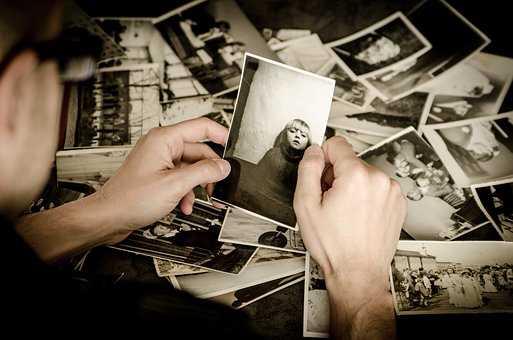The Audience-Tuning Effect
Storytellers form a different memory of a story they are reciting, due to mutation in how differently it is told to audiences each time, and how much of an artistic licence is used to change certain details of the story.
Over time the changed or mutated story seems like the original one in the storyteller's mind, something known as the Audience-Tuning Effect.
63
272 reads
The idea is part of this collection:
Learn more about personaldevelopment with this collection
How to build trust in a virtual environment
How to manage remote teams effectively
How to assess candidates remotely
Related collections
Similar ideas to The Audience-Tuning Effect
Memories Are Malleable
Social experiments show that people in general are stubborn about the accuracy of their memories, which may have mutated or even changed beyond recognition.
So many tiny, false details have been added to the original memory over time, that one theory says that the mere act of recalling...
Read & Learn
20x Faster
without
deepstash
with
deepstash
with
deepstash
Personalized microlearning
—
100+ Learning Journeys
—
Access to 200,000+ ideas
—
Access to the mobile app
—
Unlimited idea saving
—
—
Unlimited history
—
—
Unlimited listening to ideas
—
—
Downloading & offline access
—
—
Supercharge your mind with one idea per day
Enter your email and spend 1 minute every day to learn something new.
I agree to receive email updates
